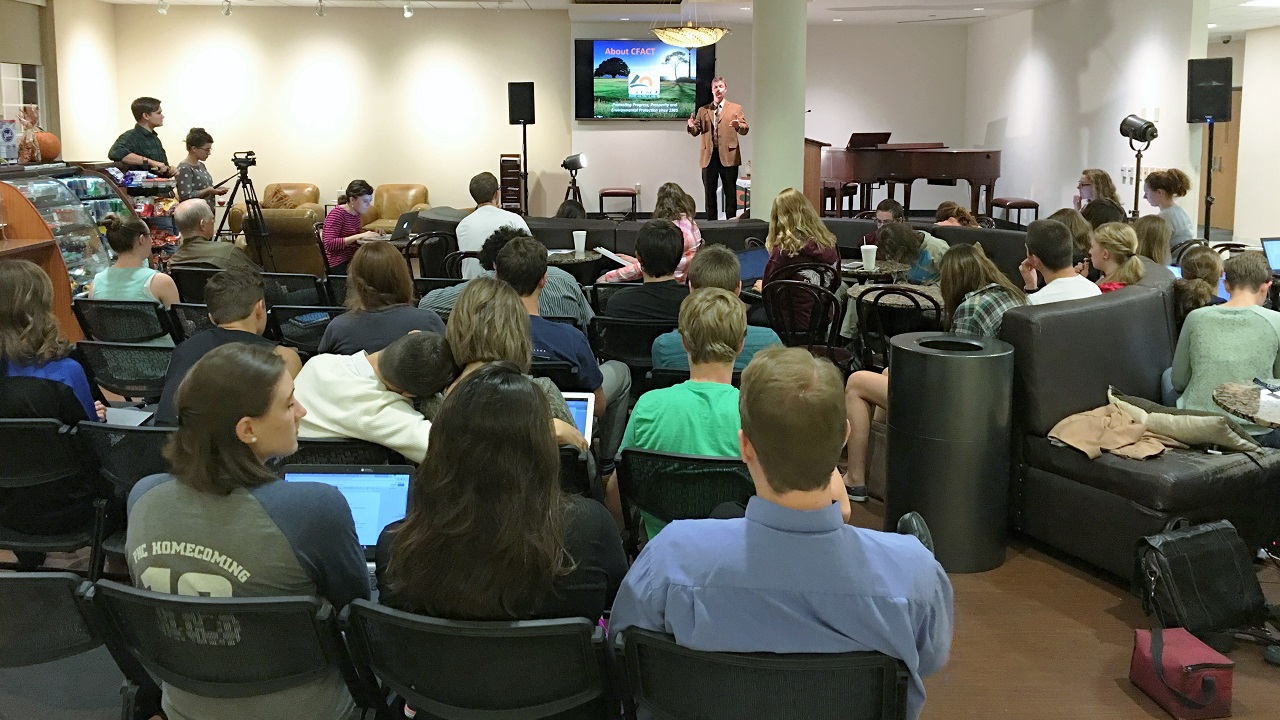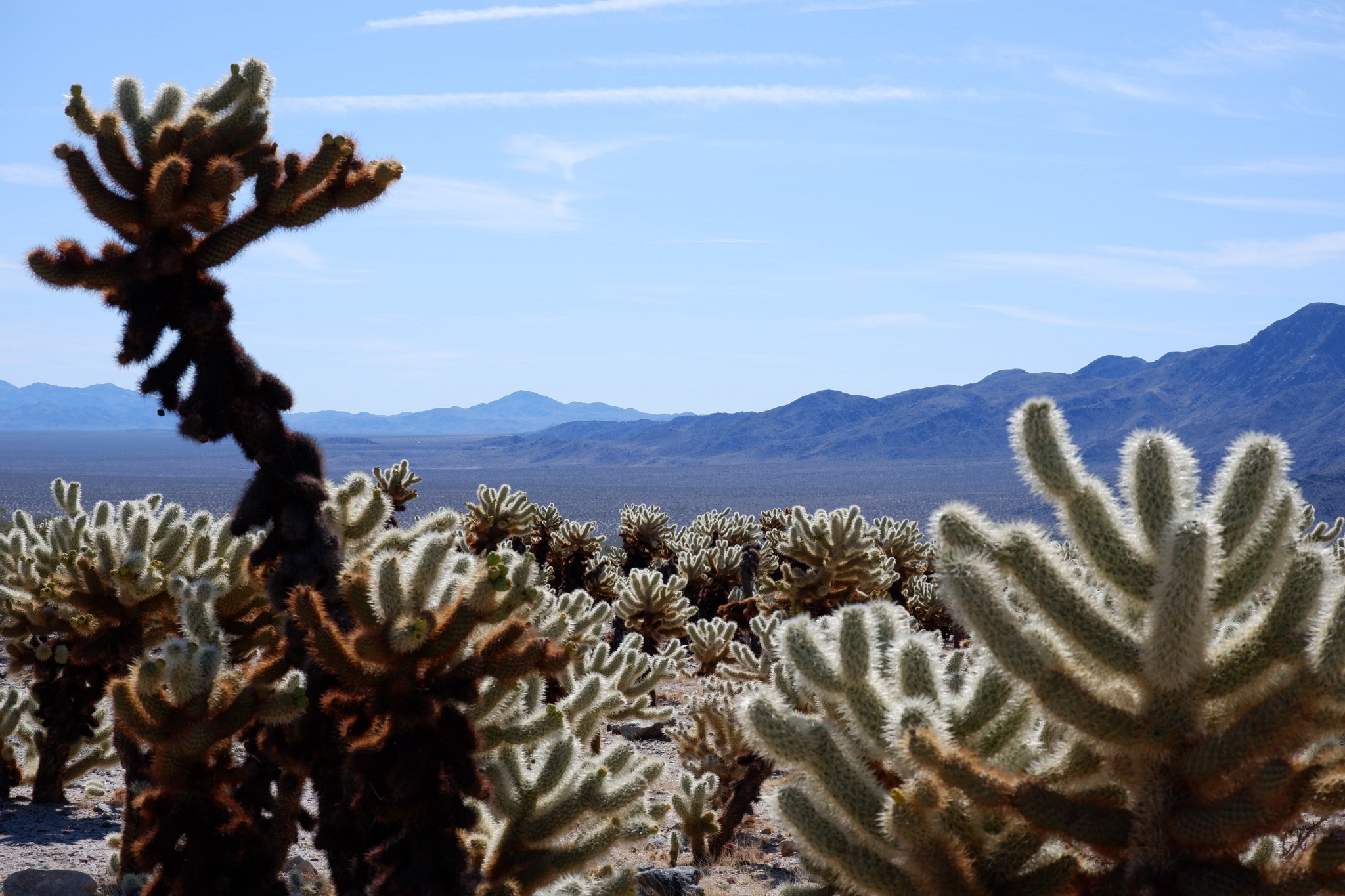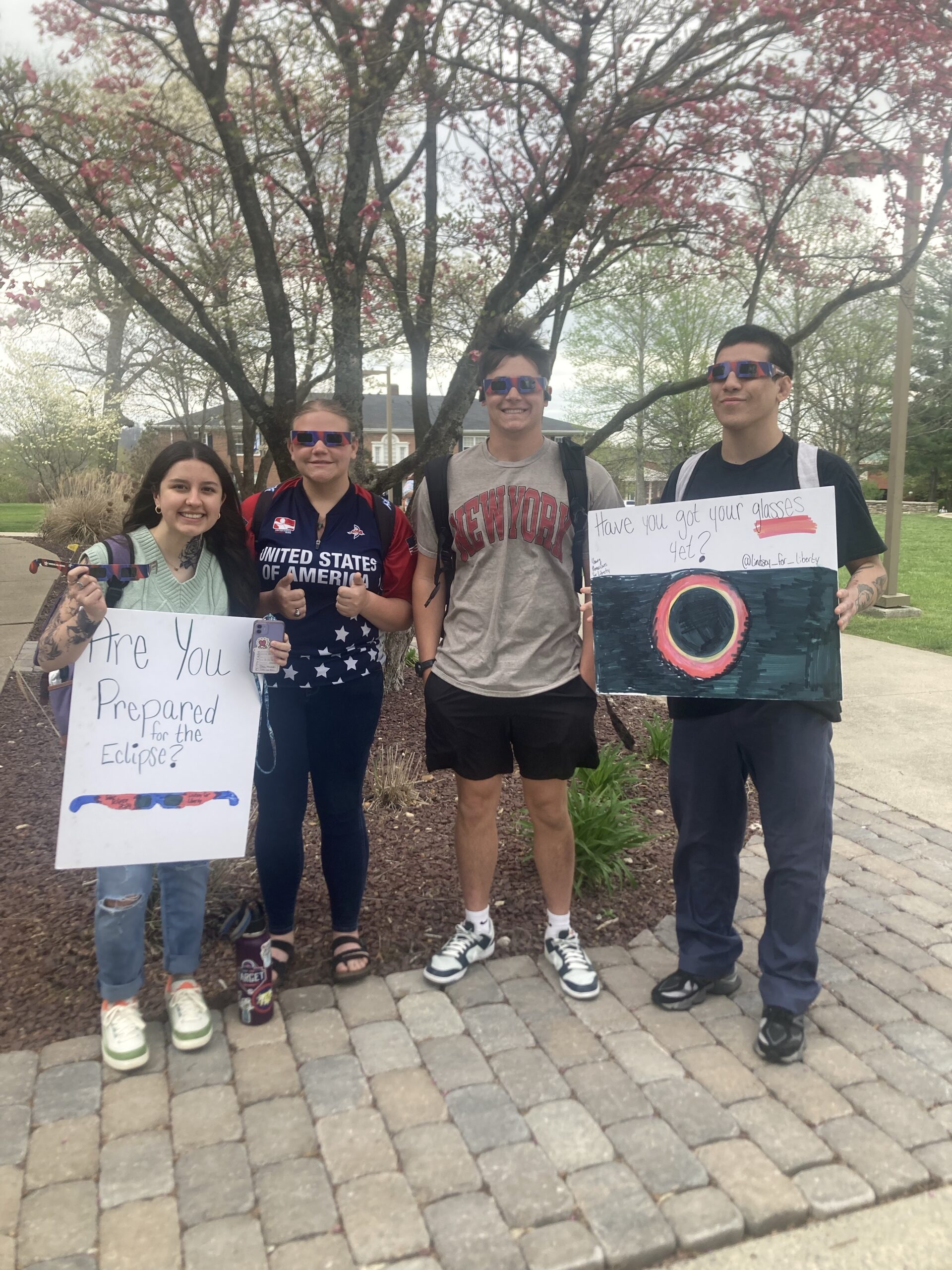It was a packed house at Patrick Henry College in Purcellville, Virginia as CFACT’s Executive Director, Craig Rucker, explained the history of radical environmentalism and 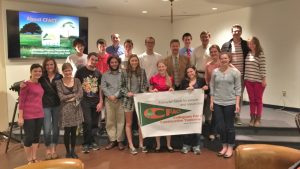 how the ideology aims to take away the freedoms we all take for granted. From the philosophy of John Muir in the 1800’s, founder of the Sierra Club, to the radical endeavors of contemporary groups like Greenpeace, Rucker exposed the liberal agenda for what it really is.
how the ideology aims to take away the freedoms we all take for granted. From the philosophy of John Muir in the 1800’s, founder of the Sierra Club, to the radical endeavors of contemporary groups like Greenpeace, Rucker exposed the liberal agenda for what it really is.
“We like to call many of these groups ‘watermelons,'” Rucker explained. “They may be green on the outside, but they’re red on the inside.” That red, of course, referring to communism. CFACT’s Executive Director went on to show pictures of climate and environmental rallies where so called environmentalists were waving red flags with the hammer and sickle, or touting signs calling for an end to capitalism.
“I’ve always favored free enterprise and property rights,” said Abigail Olinski, a junior in attendance. “But I didn’t realize how radical the founders and leaders of modern 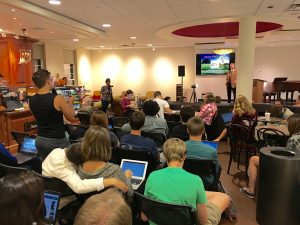 environmentalism are. When people like Prince Phillip say if they’re reincarnated they want to return as a virus to solve human overpopulation, you begin to realize they don’t seem to care so much about human welfare after all.” Prince Phillip is the co-founder of the World Wildlife Fund.
environmentalism are. When people like Prince Phillip say if they’re reincarnated they want to return as a virus to solve human overpopulation, you begin to realize they don’t seem to care so much about human welfare after all.” Prince Phillip is the co-founder of the World Wildlife Fund.
Abigail went on, “I was extremely appalled by when Carl Amery, the German environmentalist leader said: ‘We, in the Green movement, aspire to a cultural model in which the killing of a forest will be considered more contemptible and more criminal than the sale of 6-year-old children to Asian brothels.’ Maybe Don Quixote had the right idea when he attacked windmills. Who knew they were going to be such a big problem later on! It’s people who say things like Carl Amery that are the real crazy ones.”
Rucker also struck a positive note, revealing that the free market can, and has, saved endangered species from extinction. “Want to save the elephants? Buy ivory! Buy elephant belts and shoes! If you look at South Africa, they allowed the indigenous people to own and raise elephants so that they could trade elephant products. Down there, the villagers guard elephants with machine guns, 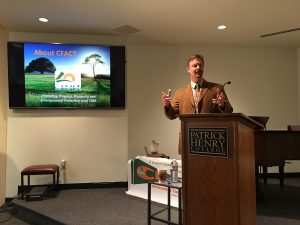 virtually eliminating poaching. They’re incentivized to protect them because the elephants are now their livelihood. For a time, elephants were so populous in South Africa they were almost becoming a nuisance. Want to save a species? Allow the free market to work.”
virtually eliminating poaching. They’re incentivized to protect them because the elephants are now their livelihood. For a time, elephants were so populous in South Africa they were almost becoming a nuisance. Want to save a species? Allow the free market to work.”
At the end of the discussion, Rucker was challenged by a student on climate change, and was asked if the free market could do anything to solve it. Rucker responded with frank facts.
“We don’t believe climate change is the existential threat that many believe it to be. When you look at the NASA satellite data, there has been no increase in temperatures in over 18 years. That means in your lifetime, if you’re 18 or younger, there has been no warming. ‘What?!’ you might ask. ‘What about it being the hottest year on record?!‘ Those pulling temperature data for those reports 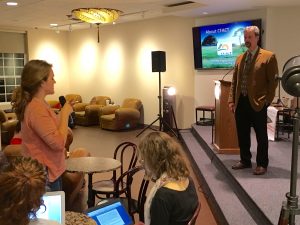 are not comparing thermometer measurements from today with past decades. They’re using ‘adjusted’ data. And they’ll admit that to you. They’re adjusting the temperatures from past decades to exclude warm periods to fit their agenda. And they’re not even hiding it.”
are not comparing thermometer measurements from today with past decades. They’re using ‘adjusted’ data. And they’ll admit that to you. They’re adjusting the temperatures from past decades to exclude warm periods to fit their agenda. And they’re not even hiding it.”
Rucker went on to explain how the so called 97% consensus is not as rock solid as many believe it to be. “The media also shouts that ‘97% of scientists agree in man-made global warming.’ But there’s been no poll on scientists asking them their thoughts. 97% doesn’t 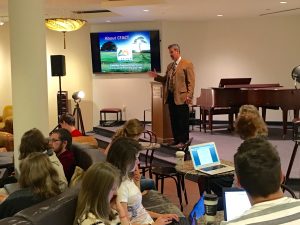 even equal 97 scientists. It’s a number that boards of scientific journals made up of about 12 or so people came up with, without even polling their member scientists. It’s all to fit an agenda.”
even equal 97 scientists. It’s a number that boards of scientific journals made up of about 12 or so people came up with, without even polling their member scientists. It’s all to fit an agenda.”
Finally, in line with the tradition and beliefs of Patrick Henry College, Rucker explained how stewarding the environment is not just something to be done for humans’ benefit, but important because God calls us to do so. “I personally believe that God calls us to steward the environment. We are in a fallen world. Things like red tide and overpopulation of animals are natural occurrences that mankind can help solve. This thought is in direct contrast with the radical environmentalist: With appropriate human influence, the environment becomes safer and better, not worse off.”
Andrew Kelly, the student body president, later remarked that Rucker’s speech was “possibly the best lecture I have heard since I’ve been at Patrick Henry.”
